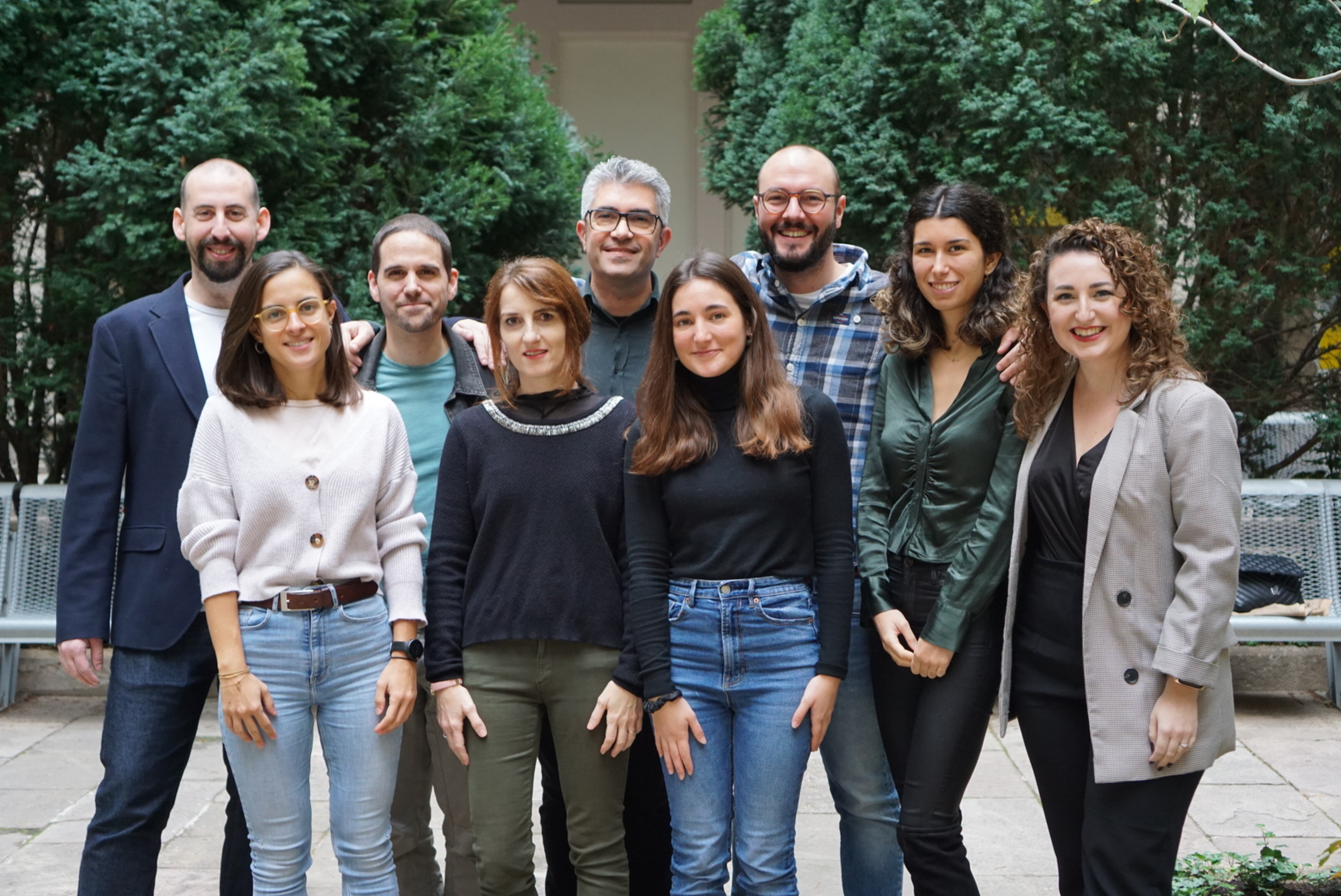
BBSLab
The BBSLab is a research laboratory linked to the Neuropsychology Research Group of the University of Barcelona. The general objective of our studies is to better understand the brain stimulation effects on cognitive function and mental health. By brain stimulation, we understand the effects related to participation in cognitive, physical and social or stimulating activities the possibility of modulating (stimulating) brain activity with non-invasive techniques. In this way, our research focuses on better understanding how the cognitive reserve is associated with greater plasticity or cerebral resilience. Our group is involved in projects with an international dimension that investigate whether the modification of adult life styles may have a protective effect on the development of neuropsychiatric diseases. Also, our group performs experimental investigations using electrical or magnetic stimulation techniques, in order to better understand the nexuses between the induced changes in the cerebral activity and cognition.
Members

David Bartrés-Faz
Full Professor at the Department of Medicine, Faculty of Medicine and Health Sciences, University of Barcelona.
Read more
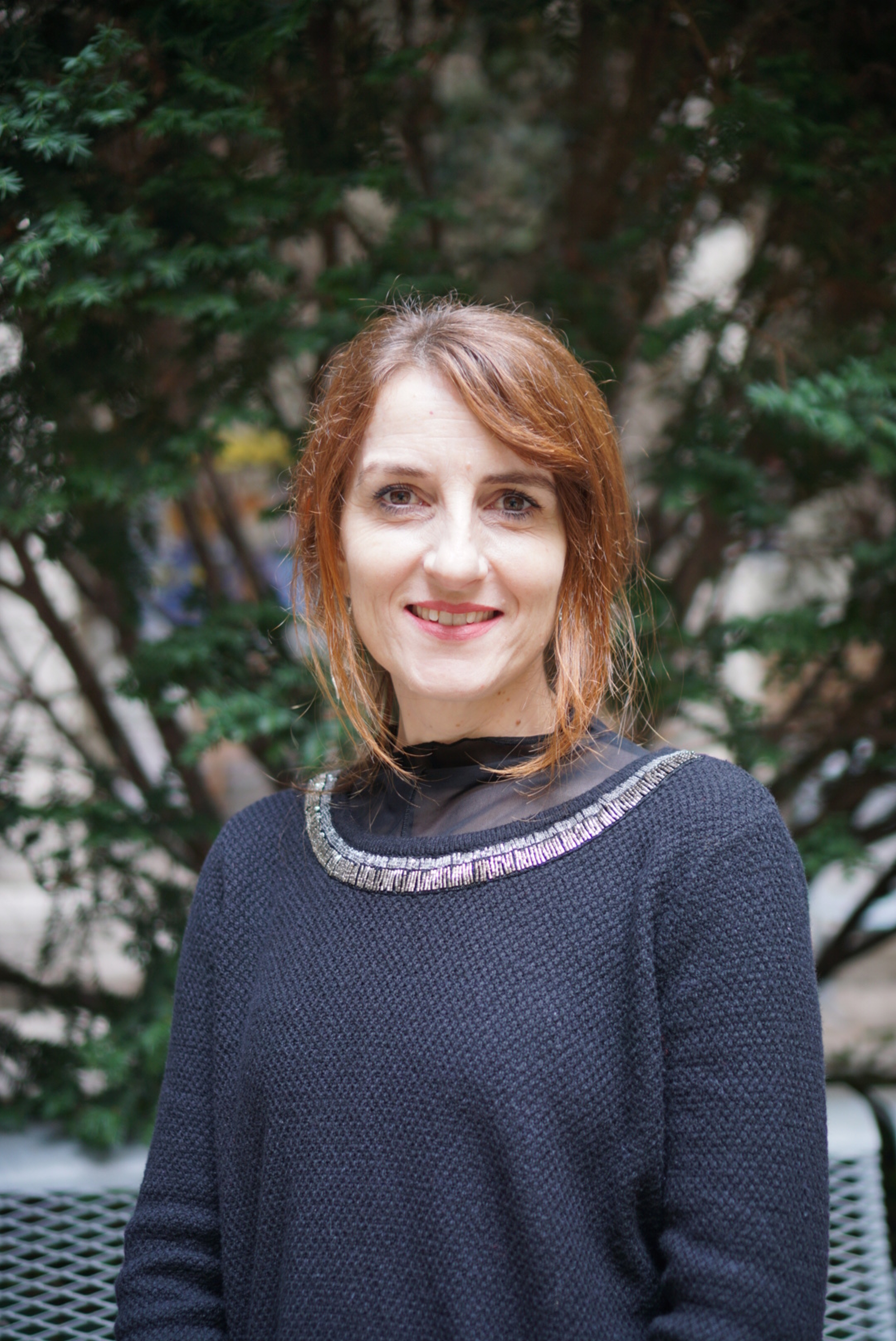
Cristina Solé-Padullés
She is currently working on the European project Lifebrain as a postdoctoral researcher.
Read more
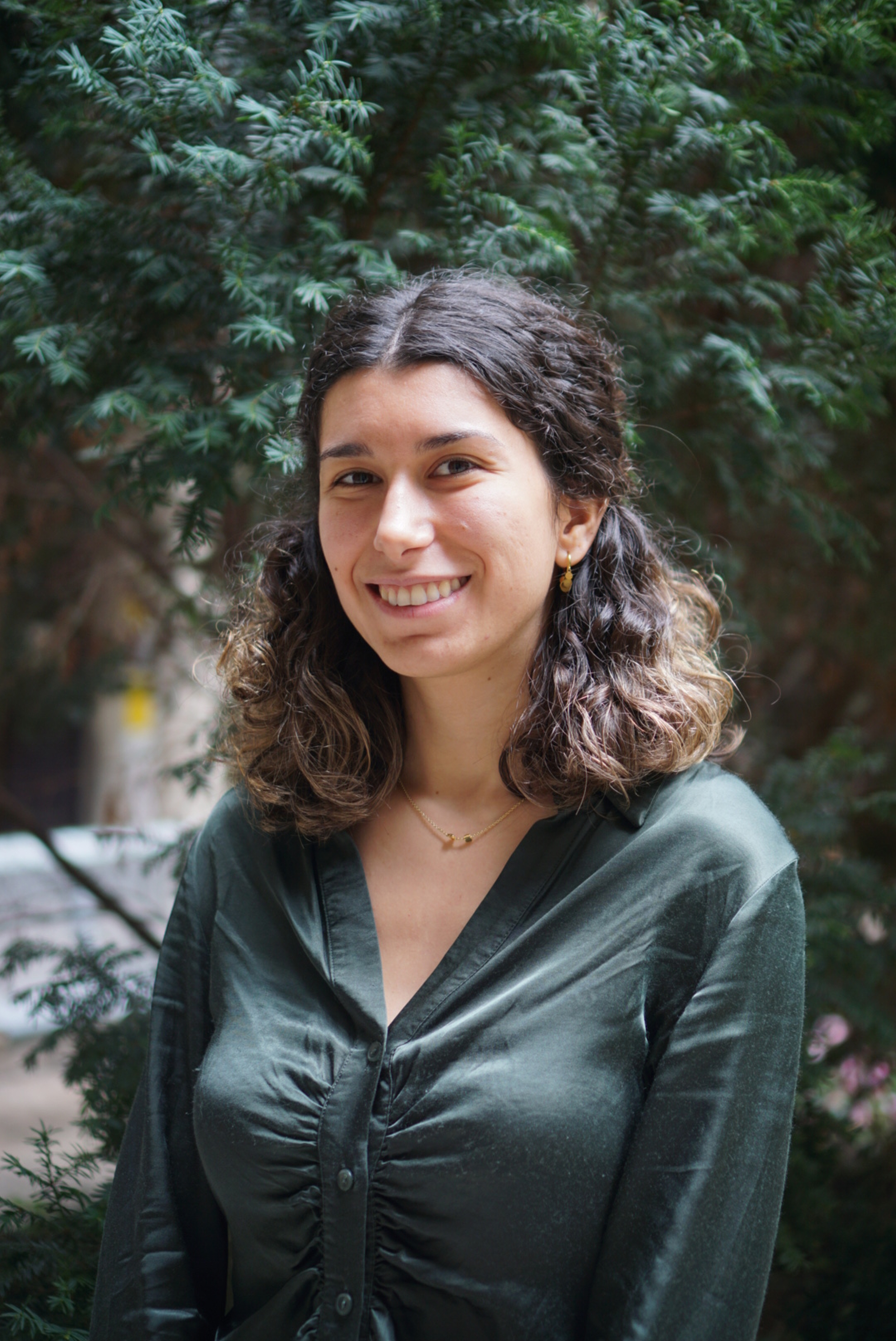
Lídia Mulet-Pons
She is currently working as a technical researcher on the Barcelona Brain Health Initiative (BBHI) project
Read more
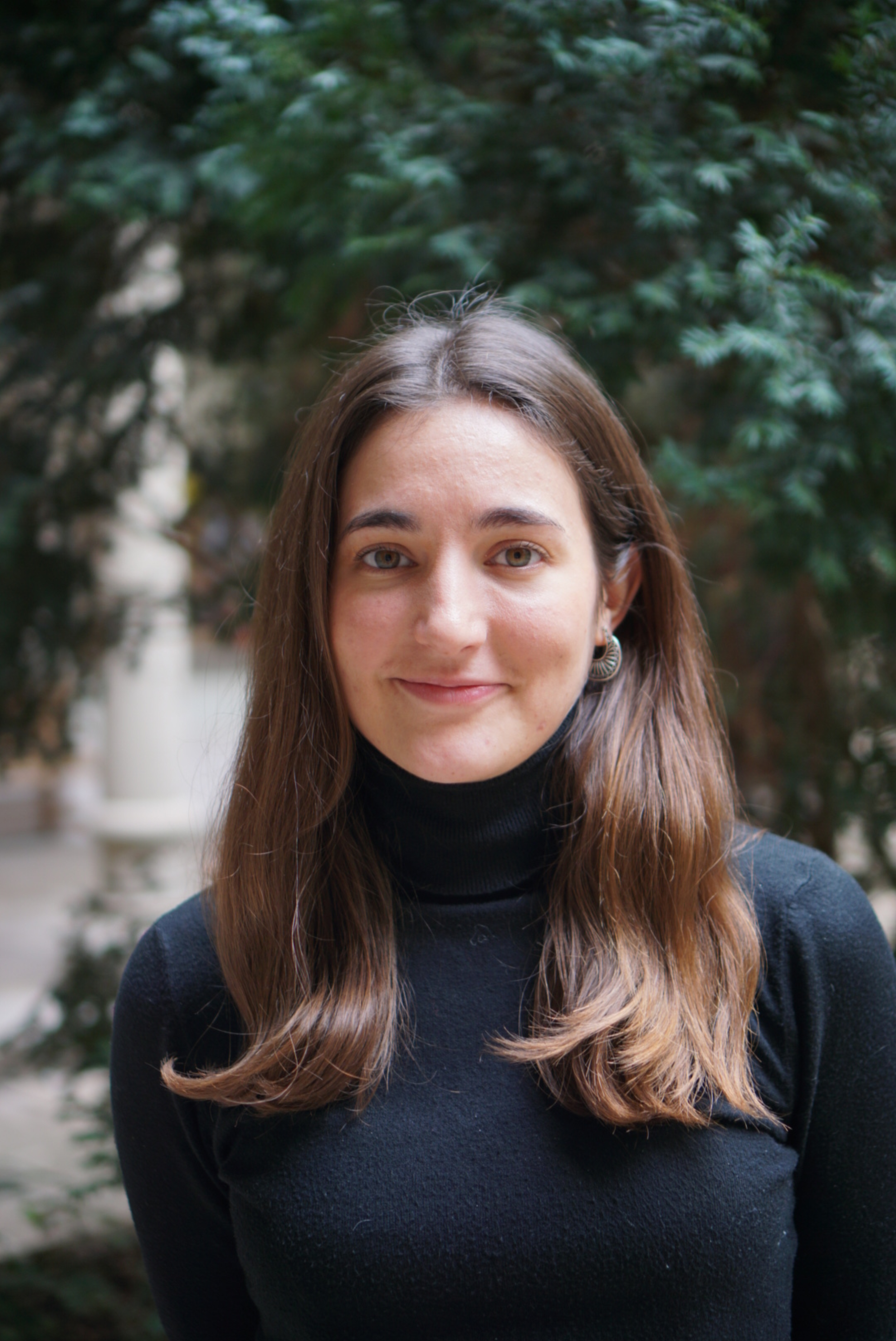
María Cabello-Toscano
She is currently working on the Barcelona Brain Health Initiative (BBHI) project
Read more
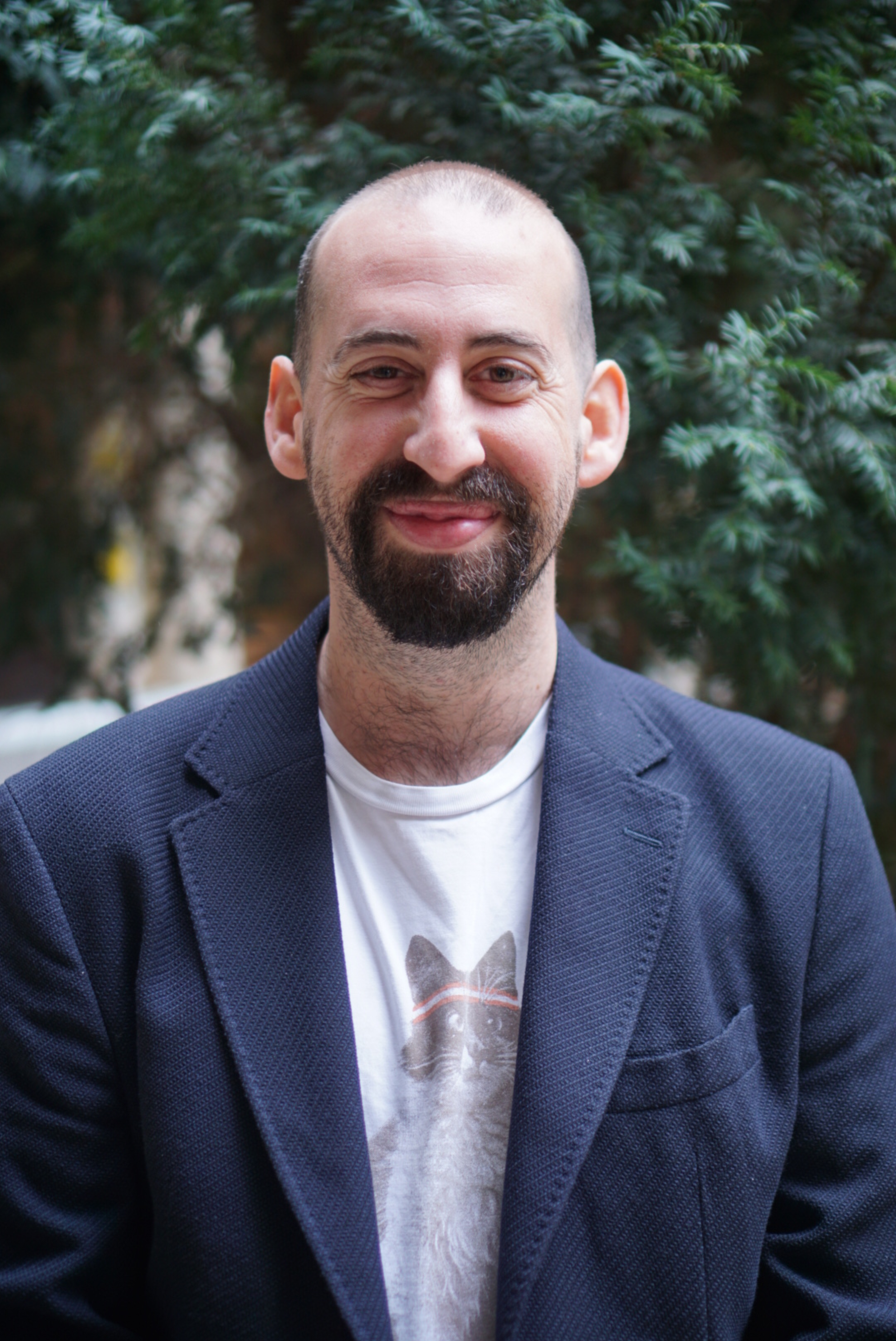
Ruben Perellón-Alfonso
He is currently developing novel markers of healthy and pathological aging based on brain plasticity mechanisms
Read more
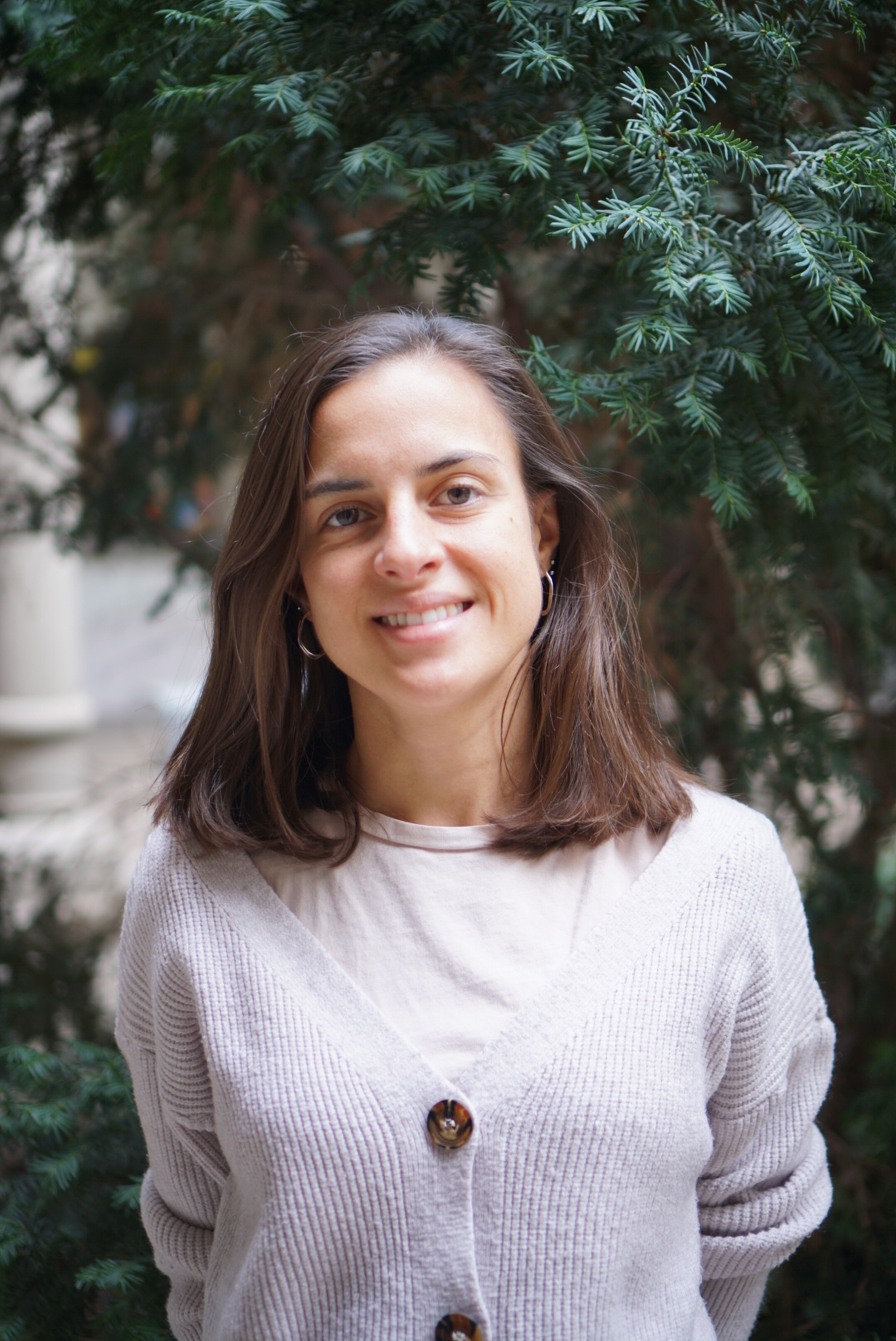
Lídia Vaqué-Alcázar
Her research has focused on how cognitive reserve, as well other environmental and genetic variables
Read more
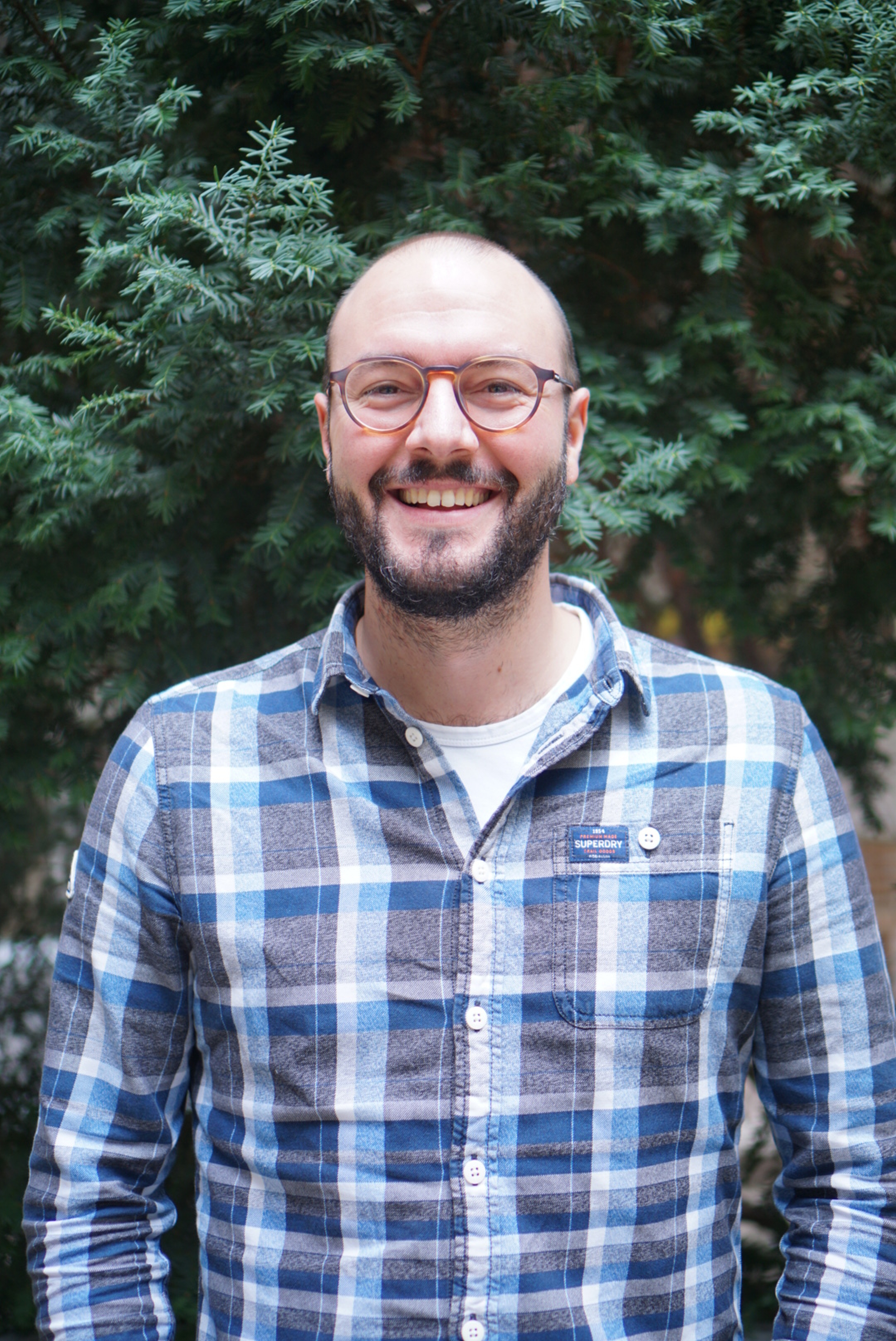
Kilian Abellaneda-Pérez
His research interests have been centered on the study of the associations between brain neurochemistry and functional connectivity
Read more
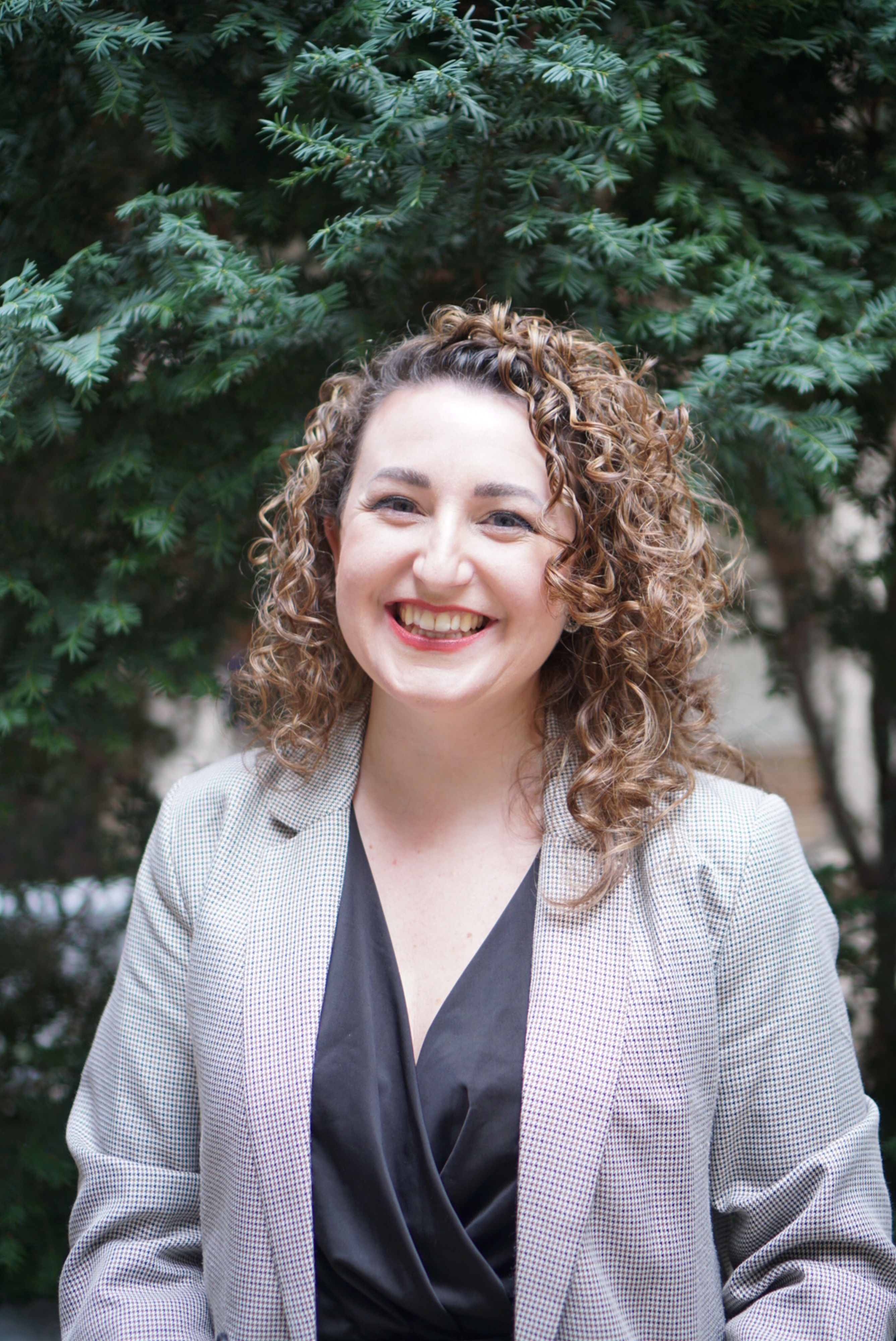
Ivet Bayés-Marín

Juan Pablo Martín-Trias
Researcher adhered to the European project Pharmacog ®, funded by Innovative Medicine Initiative
Read more

Gabriele Cattaneo
His research interests have been centered on the study of bilingualism in neurodegenerative pathologies.
Read more

Roser Sala-Llonch
She is currently working as an Assistant Professor at the Department of Biomedicine at the University of Barcelona.
Read more
